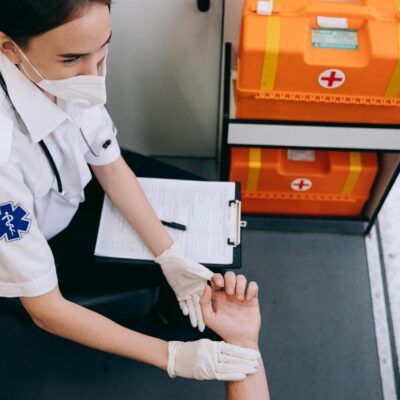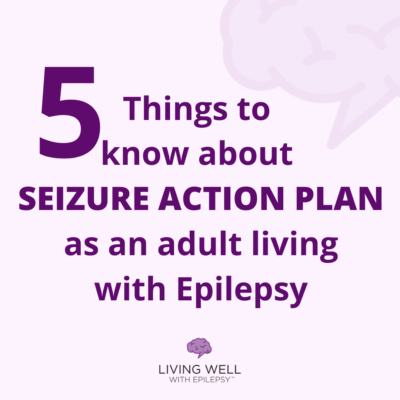
1. Get better control of your seizures
Having a rescue medication is especially important when your seizures are not controlled. These medications can help you stop a seizure short so you can get back to life easier or if taken during an Aura, may even prevent a full tonic clonic seizure.
2. Have a backup during stressful times
A while back my parents were sick and I was driving eight hours each way to visit them at least twice a month. This was stressful and tiring, both of which are seizure triggers for most people. I should have had a rescue med on hand but one was not made available to me.
3. Stay covered when you travel
People with epilepsy often report that airtravel can impact their seizure threshold. Meaning, airtravel can make you more likely to have a seizure. This may be due to stress, cabin pressure, or lack of sleep but it is a good idea to have a rescue med on hand.
4. Reduce your recovery time
Some rescue medications can reduce seizure recovery time from several days to a matter of hours. And isn’t getting back to your regular routine what it’s all about?
5. Have on hand during your period
If you are a woman with catamenial epilepsy, you wouldn’t go out without tampons or pads during your period. So why would you go out without a rescue medication? Seems only logical to have all the necessary supplies on hand.
A few questions to consider
When talking to your health care provider about your epilepsy, you can discuss your options for rescue medications. During this discussion you will want to consider the following:
- How fast will it work?
- Is it quick acting or will it take a while to go into effect
- How long will it take to recover?
- Will you be sleepy for days or will you recover in minutes to hours?
- How will you take it?
- Will you take it by mouth, nose or in your bum (literally)
- How easy is it to use?
- Can you do it yourself or easily train someone or do you need a nurse on hand?
- Who will most likely administer it?
- This is a question for you to consider
- What are the side effects?
- Ask about all the side effects and look them up too.
- How much does it cost?
- Is there a co-pay card that can help with the cost?
Next up we will visit the question of “What is a seizure action plan?”
This article was made possible through an educational grant from Neurelis Inc. Neurelis had no influence on the content of the articles or the videos or any aspect of this program.









Leave a Reply